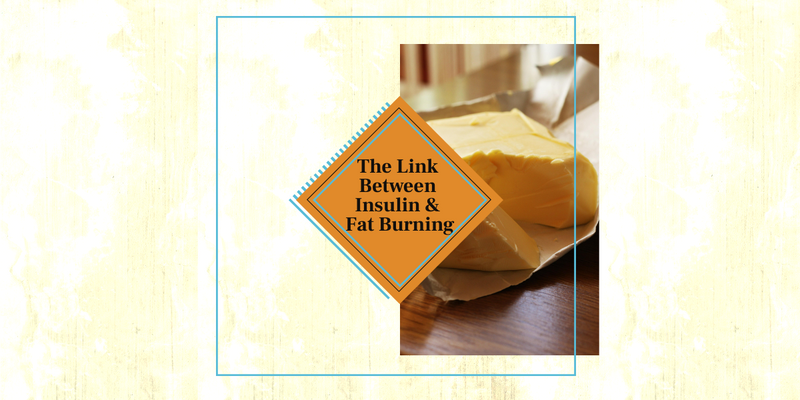When we’re talking about the ketogenic diet, we talk a lot about insulin resistance. Insulin resistance makes it hard for many people to lose weight. This is especially true for those of us who have hypothyroid or Type 2 Diabetes. Insulin resistance can really do a number on the human body.
When we eat foods that cause glucose to be produced, we are turning on the process that causes insulin to be produced because insulin is the hormone responsible for regulating glucose. Glucose is found not only in sugar, but also in many carbohydrates including bread, rice, and starchy vegetables. You know, everything we grew up believing were the building blocks of that food pyramid!
For anyone who suffers from insulin resistance, glucose is a roadblock to losing weight. Here’s why: When you eat that incredible tasting French Toast at Sunday brunch, you’re consuming a bunch of glucose. From the first bite, your body starts producing insulin to regulate the glucose. Some of that glucose gets used for energy. Some gets secreted in your pee. Some gets stored in fat cells.
However, the relationship between insulin and weight loss goes deeper than that. Your body can’t burn fat while it’s producing insulin. So every time you eat carbs, you turn on the insulin, which slows down your fat loss. This is why we have always been told to stop eating by 6:00 pm. Most of our fat loss happens at night because our insulin production naturally slows to a stop while we’re sleeping. This is why intermittent fasting helps to jumpstart fat loss for so many people.
But I’m still not done.
People with insulin resistance aren’t using insulin properly. When that happens, the amount of glucose in the blood isn’t regulated. That means more insulin is produced. This cycle continues until eventually, the pancreas can’t keep up with the amount of insulin needed, and it shuts down. The result is Type 2 Diabetes and obesity.
When you have insulin resistance, it’s not enough to cut calories. If you cut your calories by 10%, and you’re still consuming a soda every day, you’re contributing to the cycle that leads to diabetes and makes it impossible for you to lose weight. While cutting your calories by larger amounts may initially lead to some weight loss, once your body hits a certain point, the weight loss will stop and you’re back where you started.
This is why the ketogenic diet works so well for so many people.
To really lose weight, you have to greatly reduce the amount of glucose in your blood. That only happens when you stop eating sugar and greatly reduce the amount of carbs that you’re consuming. It’s also important to realize that the type of carbs you’re consuming matter. For example, soluble fiber such as spinach not only doesn’t have glucose, but it can help you more efficiently reduce your blood glucose levels. Eating carbs such as sugar, even in small amounts, is akin to putting pure glucose straight into your bloodstream. Simple carbohydrates are going to cause insulin to be produced much longer than complex carbohydrates.
For many people, the hardest part of following the keto diet, and the reason a lot of people fail, is because of fat. We’ve been told since we were old enough to make our own food choices that we should limit our fat intake. Psychologically, consuming more fat is difficult for many people.
There’s also the matter of how to consume the fat. I remember, many years ago, when I first started researching low carb. I read a post on a forum from this woman who stated that when she was feeling hungry, she would go “suck on a stick of butter.” At the time, that statement completely turned me off low carb. I thought “I can never see myself consuming butter that way.” Today I may view things differently, but that doesn’t mean everyone does. And that, my friends, is why I carry MCT Oil Capsules. These capsules make it possible for you to get in your fats without sucking on a stick of butter, or drinking fatty coffee (I love mine, but not everyone does). They’re also great for anyone who has a busy lifestyle; it’s much easier to carry around capsules (I keep a small container in my purse and I know lots of people that keep a full bottle at their office). Can you imagine carrying a bottle of coconut oil in your purse or briefcase in the middle of summer? What a mess!
Once you understand the relationship between fat burning and insulin, it’s easy to see why so many people are so successful on the ketogenic diet. It does make a huge difference. Do you have questions about the keto diet? My Facebook group is the perfect place to ask them! I can’t wait to see you there!
You got this!
Leta ~ Intentionally Bare
DISCLAIMER: The information in this blog is for educational and informational purposes only. The content in here is not intended to be a substitute for professional medical advice, diagnosis, or treatment. Always seek the advice of your physician or other qualified health care provider with any questions you may have regarding a medical condition. Never disregard professional medical advice or delay in seeking it because of something you have read or heard here.


